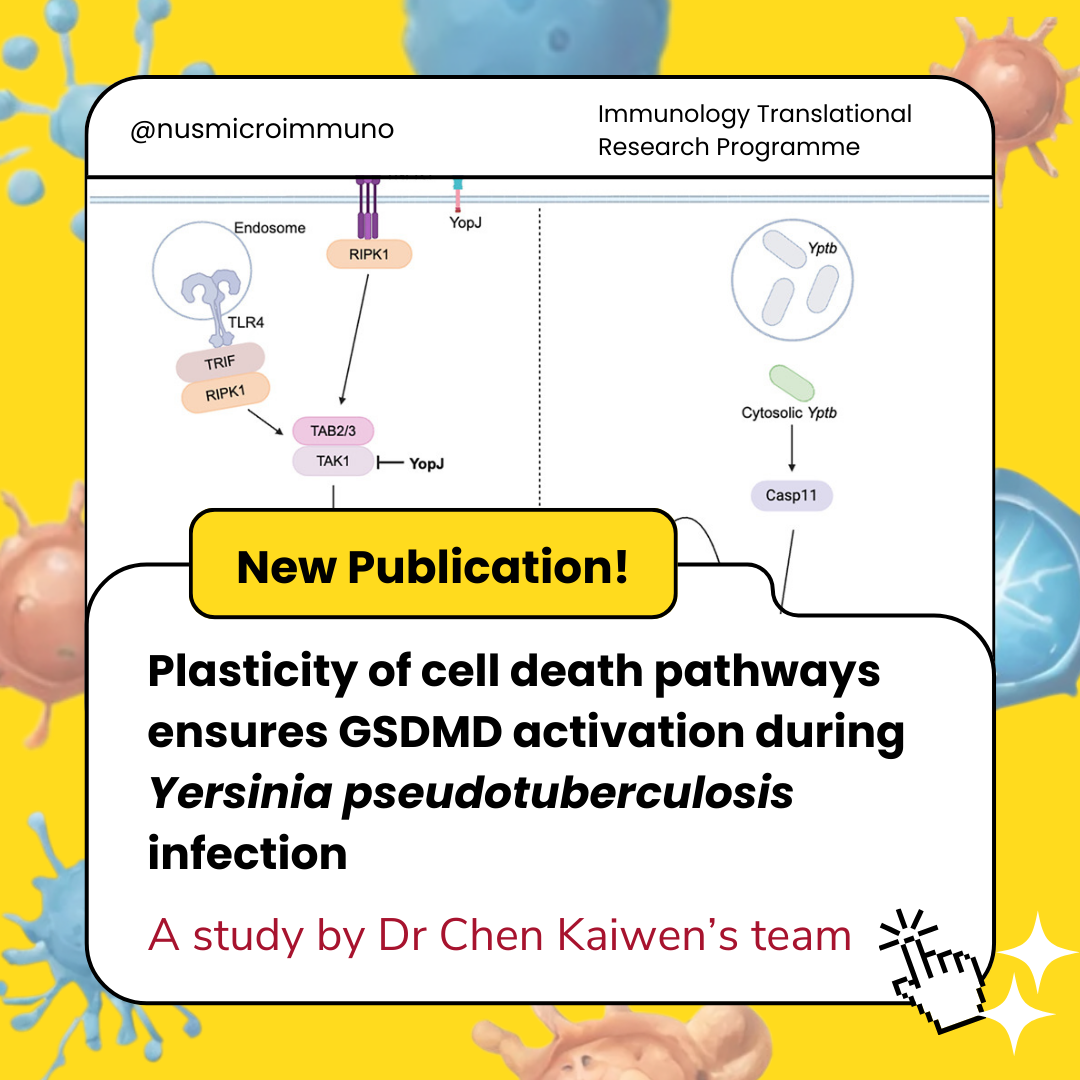Most of us have probably taken a nonsteroidal anti-inflammatory drug (NSAID) such as ibuprofen, mefenamic acid or naproxen for some inflammation or pain but did you know about 0.5 to 5% in the general population are allergic to such painkillers (Doña I., et al. 2020)? Such allergies can range from a simple skin reactions to severe life threatening allergies. This limits the choice of painkillers in such people, especially since aspirin (also a type of NSAID) is also used to prevent and treat heart attack and stroke. The mechanism of such allergic reactions is still relatively unknown.
In this paper, Dr Frank Sen Hee TAY and team utilized transcriptomics and metabolomics to better understand the mechanisms of patients who develop hives or swelling due to NSAIDs and undergoing aspirin desensitization. The principal findings of this study include: (i) distinct transcriptomic and metabolomic profiles characterized patients from controls; (ii) aspirin desensitization significantly downregulated the “NSAID allergy signature” in patients and (iii) patients had low levels of baseline salicylic acid compared to controls. This study is the first study to utilize both transcriptomics and metabolomics to provide a better understanding of the pathogenesis of NSAID allergy and may provide a way to diagnose such drug allergies in the future.
https://linkinghub.elsevier.com/retrieve/pii/S0091674922010533






